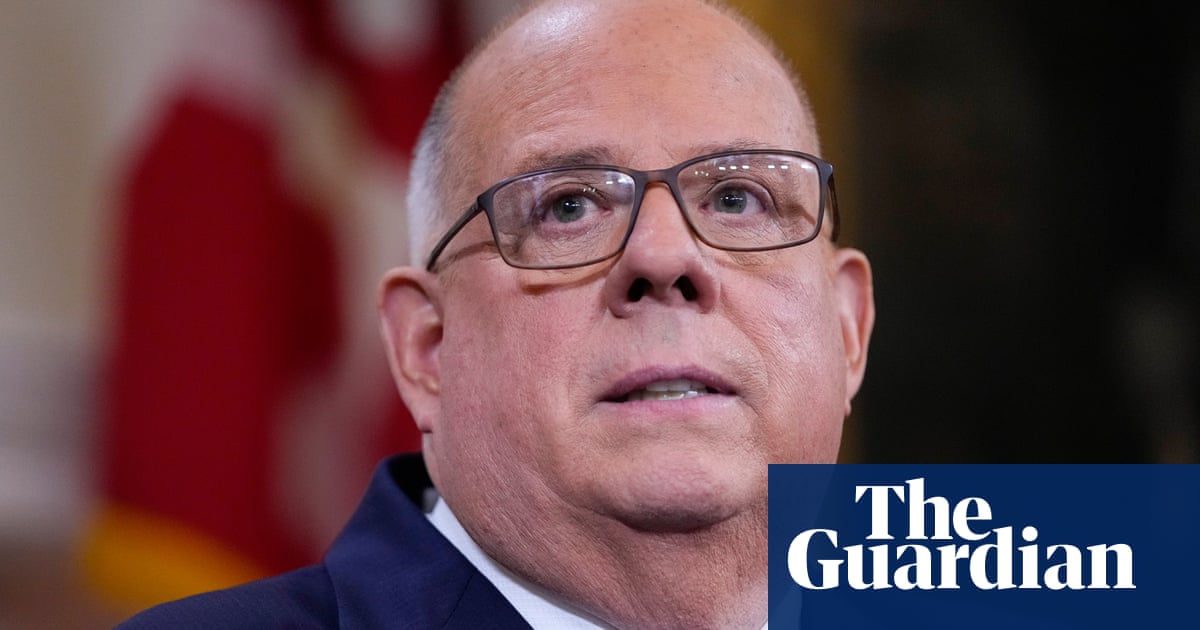
Campaigners for action against neuro-degenerative disease in football have delivered excoriating testimony against the game’s authorities, with one telling a parliamentary committee: “Football doesn’t want to think it can be a killer, but I know it can because it’s on my dad’s death certificate.”
Dawn Astle, whose father, Jeff, died from dementia which coroners declared an “industrial disease” because of his years as a professional footballer, was one of several witnesses to appear at adigital, culture, media and sport select committee hearing into concussion in sport. She called current funding for research into the effects of heading the ball “a drop in the ocean” and demanded faster action in response to studies that already exist.
“For almost 20 years now football has failed to act and failed to protect its players; men, women children, all at risk potentially,” Astle told MPs. “[They are] unprotected, uninformed. I think if the sport is left to its own devices as it is, then it will just do what it wants to do.”
Asked whether £250,000 given to support the Field study, funded by the Football Association and the Professional Footballers’ Association, into the effects of heading on former players was enough, Astle said: “It’s a drop in the ocean for the sport, it’s nowhere near adequate. I think football doesn’t want to think it can be a killer. I know it can be because it’s on the bottom of my dad’s death certificate. They should be putting so much more money into it.
“It’s two years in October since the Field study was published where we now know that footballers are three and a half times more likely to die of dementia. Why are there no restrictions in heading [in the professional game]? Why have they only just put out a call for further research? Where’s the brain injury fund to help past players, present players, with rehabilitation and full-time care costs?”
Jeff Astle, who died in 2002 aged 59, made more than 400 professional appearances, for Notts County and West Brom, between 1959 and 1974. He won five England caps. His daughter was joined in her criticism by the former Premier League player Chris Sutton, whose father also died from dementia that could have been the result of his years as a professional player. Sutton estimated he himself had headed the ball 72,000 times in his career and demanded immediate action; calling for the introduction of temporary concussion substitutes rather than the permanent replacements currently being trialled and a cap of 20 headers per training session in the professional game.
“We don’t need to keep having meetings about meetings, this needs to happen immediately,” he told MPs. “Hundreds if not thousands of players have died from dementia. If we don’t get on top of this now hundreds and thousands more will die. It will affect my generation.
“It’s really important the government take ownership of this because the FA and the PFA haven’t done anywhere near enough. They haven’t been interested in it because it doesn’t benefit them in any way shape or form. Gordon Taylor, who’s stepping down [as PFA chief executive], has blood on his hands. There are things we can do, preventative measures, and we need to do it now.”
Later the chief medical officer of the Football Association, Dr Charlotte Cowie, was pressed repeatedly about the amount of money made available for research by the game. Cowie said the FA “didn’t put any limit on our resource” and granted funding that matched requests from those commissioned for research, including the Field study.
Asked what the FA’s annual budget was for research Cowie did not answer, leading the chair of the DCMS committee, Julian Knight MP, to say he was “staggered” she had not come with the figure and that he found her action “unacceptable”.
Cowie would also not say that heading was a safe activity, insisting only that the FA were “lowering” the risk with new guidelines that would limit the amount of heading in a professional training session to 10 occasions. Asked why not cut out heading in training altogether, Cowie said: “It is important if you are going to head the ball in a match, that you prepare for that.”
Cowie said the FA was continuing to commission more research as it sought to “delineate” the results of the Field study and ascertain greater detail about the effects of heading on the brain. She said that required more former footballers to come forward for research. “[The study’s] biggest struggle at the moment is to get sufficient numbers of players because it’s important that all these studies are statistically significant,” she said. “That was the real value and the real power of the Field study.”












